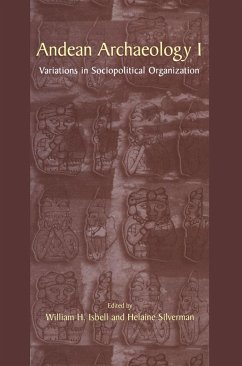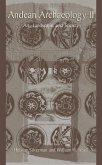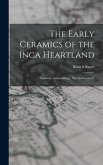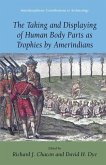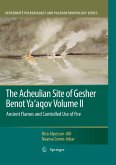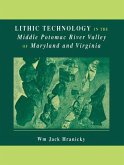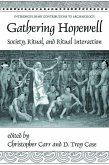Study of the origin and development of civilization is of unequaled importance for understanding the cultural processes that create human societies. Is cultural evolution directional and regular across human societies and history, or is it opportunistic and capricious? Do apparent regularities come from the way inves tigators construct and manage knowledge, or are they the result of real constraints on and variations in the actual processes? Can such questions even be answered? We believe so, but not easily. By comparing evolutionary sequences from different world civilizations scholars can judge degrees of similarity and difference and then attempt explanation. Of course, we must be careful to assess the influence that societies of the ancient world had on one another (the issue of pristine versus non-pristine cultural devel opment: see discussion in Fried 1967; Price 1978). The Central Andes were the locus of the only societies to achieve pristine civilization in the southern hemi sphere and only in the Central Andes did non-literate (non-written language) civ ilization develop. It seems clear that Central Andean civilization was independent on any graph of archaic culture change. Scholars have often expressed appreciation of the research opportunities offered by the Central Andes as a testing ground for the study of cultural evolu tion (see, e. g. , Carneiro 1970; Ford and Willey 1949: 5; Kosok 1965: 1-14; Lanning 1967: 2-5).
Hinweis: Dieser Artikel kann nur an eine deutsche Lieferadresse ausgeliefert werden.
Hinweis: Dieser Artikel kann nur an eine deutsche Lieferadresse ausgeliefert werden.
From the Reviews:
"[...]these volumes stand as an excellent overview of current Andean archaeological research, outside the confines of a particular school or perspective. This is, to my knowledge, the first English-language edited overview of Andean archaeology to be produced in at least 10 years. Both volumes should be on the shelves of all Andean prehistorians and university libraries, and could also provide an introduction to current Andean research for archaeologists working in other places. For those who teach an undergraduate course on the prehistory of the Andes either or both books would provide an excellent, and conveniently packaged, selection of in-depth materials that could accompany a more general text. Those with a general interest in the prehistory of the Andes will find much detail in Silverman and Isbell's volumes. The authors are to be congratulated on such a wide-ranging collection, and here is hoping that their wish to add further volumes to the series is realized in the near future." (Ross W. Jamieson, Canadian Journal of Latin American and Caribbean Studies)
"[...]these volumes stand as an excellent overview of current Andean archaeological research, outside the confines of a particular school or perspective. This is, to my knowledge, the first English-language edited overview of Andean archaeology to be produced in at least 10 years. Both volumes should be on the shelves of all Andean prehistorians and university libraries, and could also provide an introduction to current Andean research for archaeologists working in other places. For those who teach an undergraduate course on the prehistory of the Andes either or both books would provide an excellent, and conveniently packaged, selection of in-depth materials that could accompany a more general text. Those with a general interest in the prehistory of the Andes will find much detail in Silverman and Isbell's volumes. The authors are to be congratulated on such a wide-ranging collection, and here is hoping that their wish to add further volumes to the series is realized in the near future." (Ross W. Jamieson, Canadian Journal of Latin American and Caribbean Studies)

